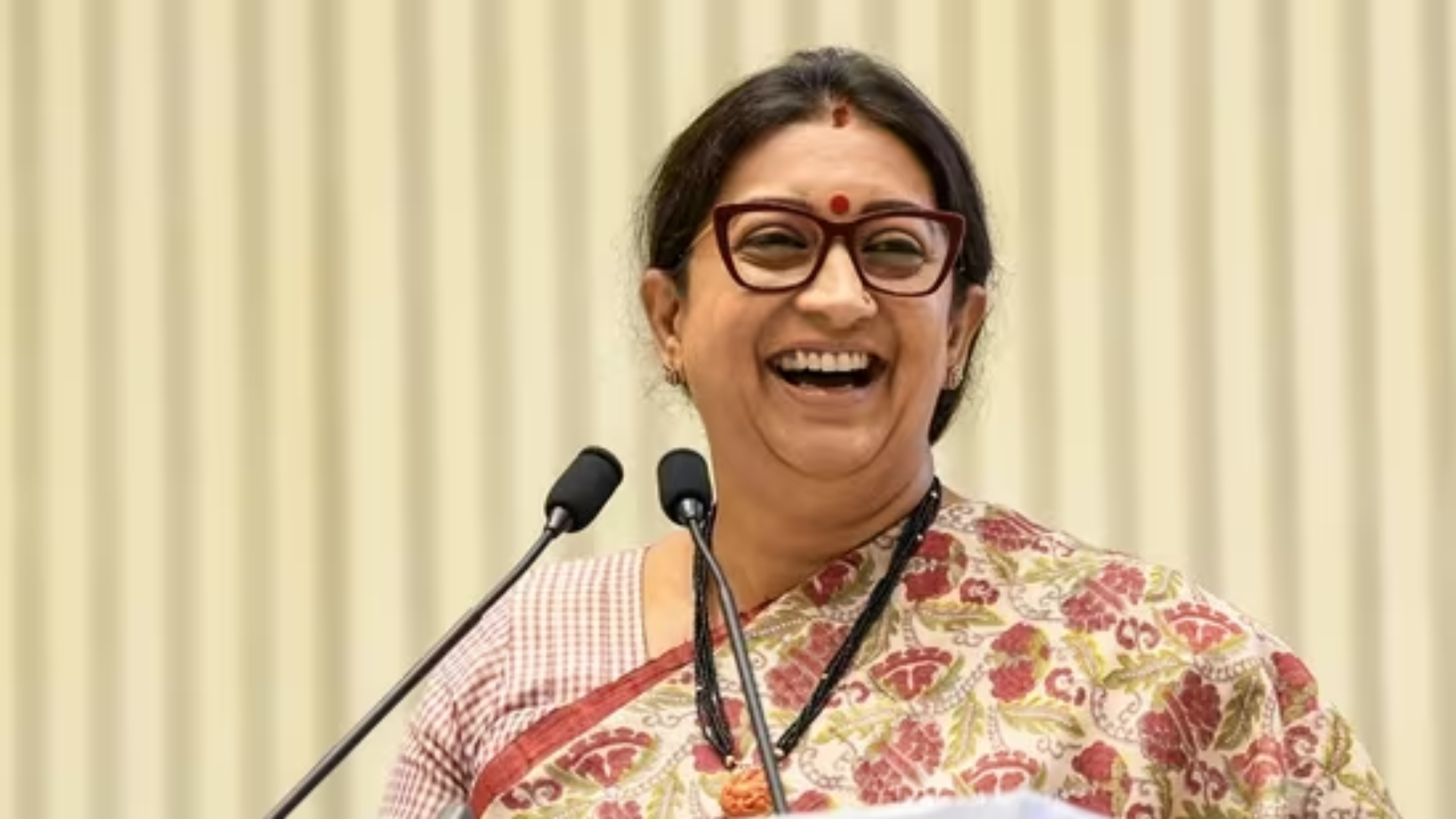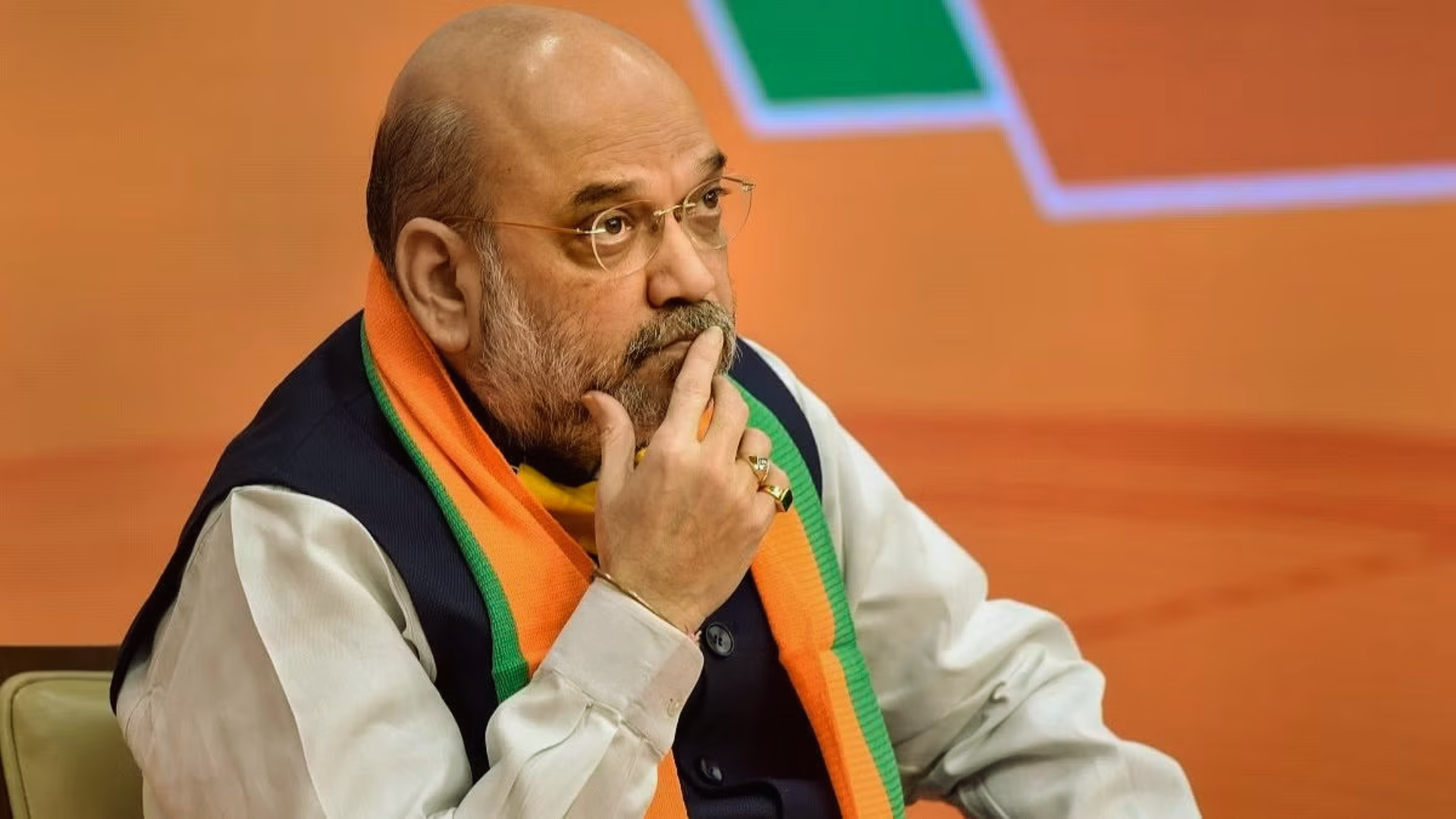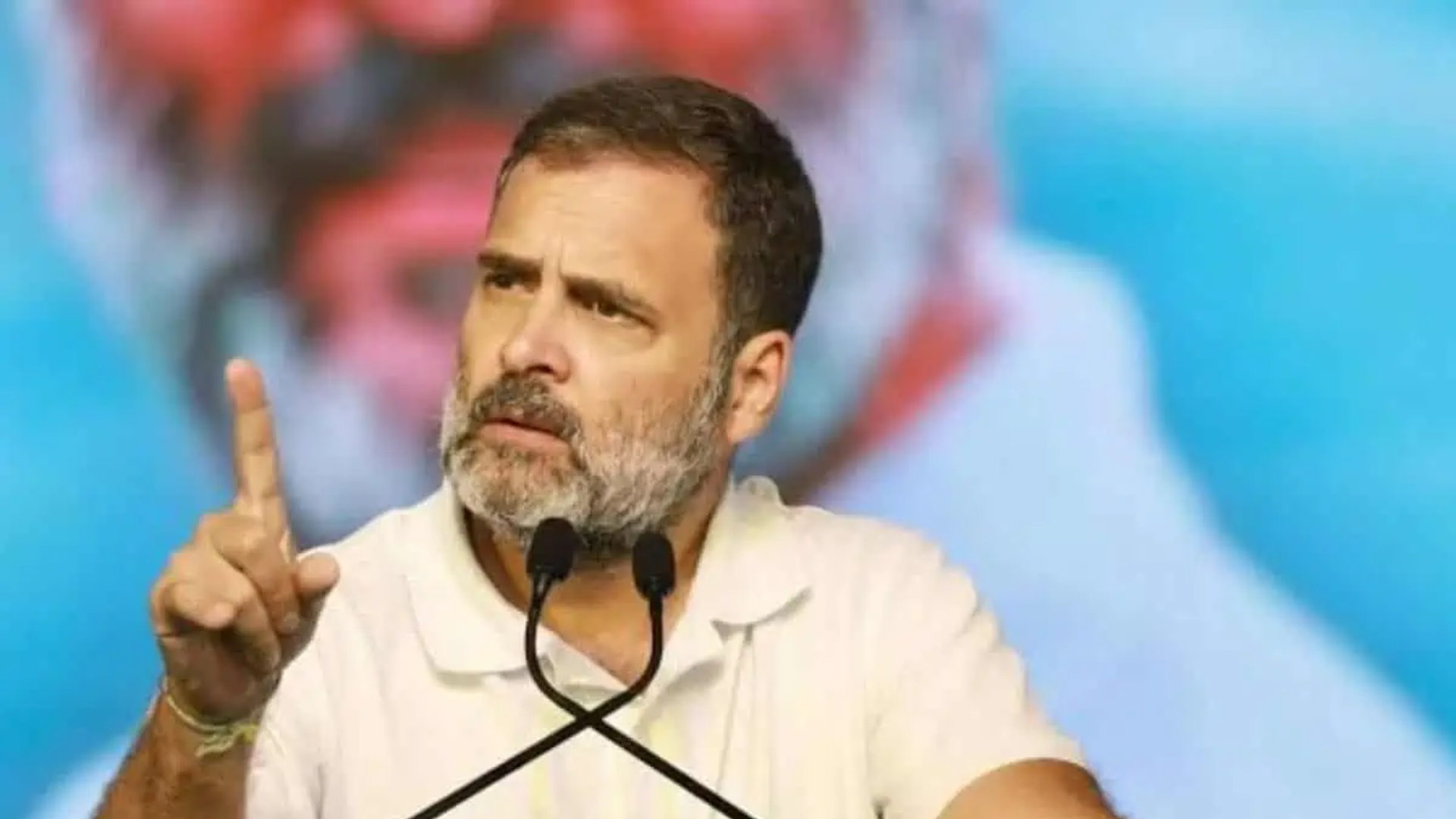


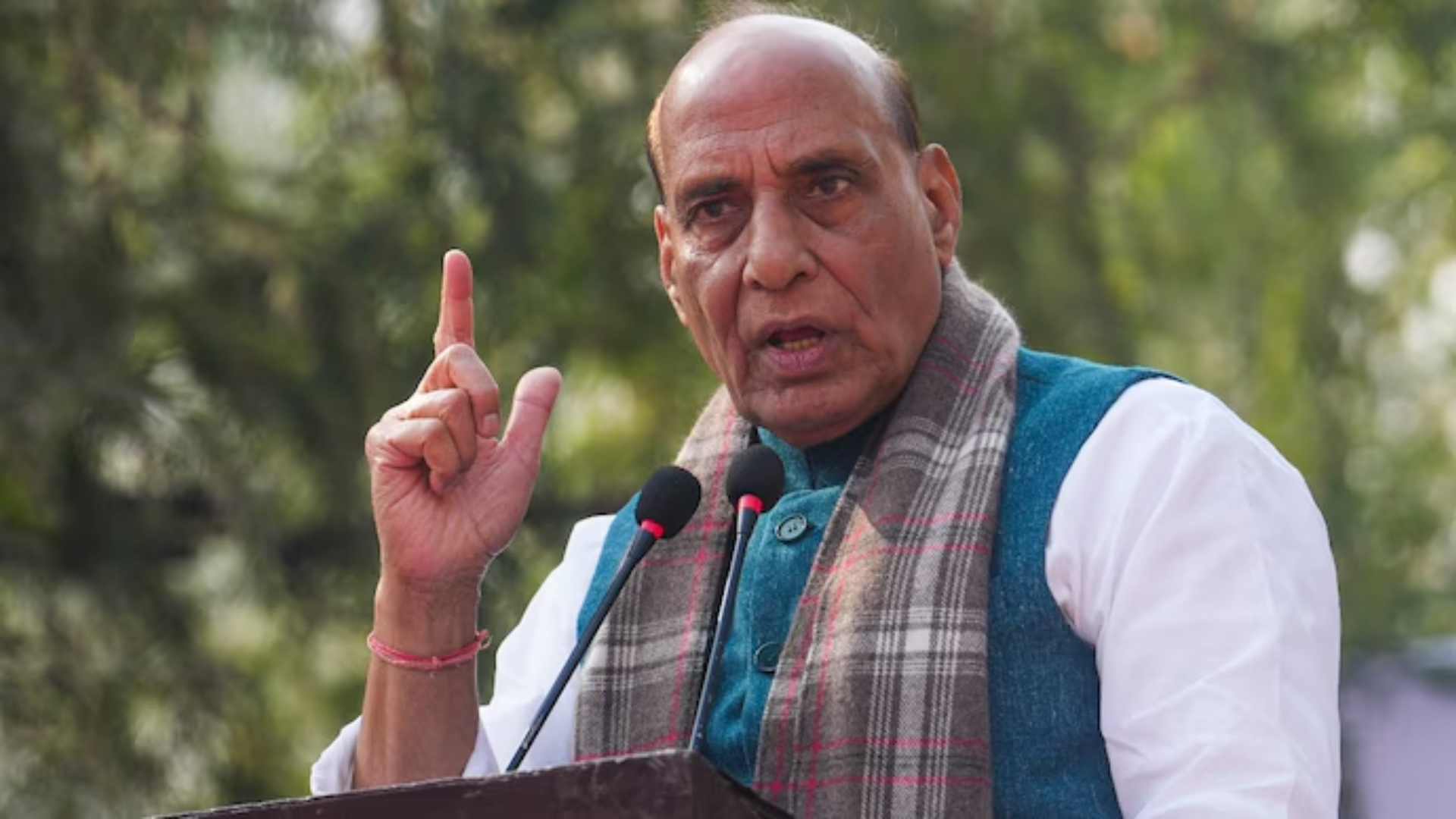

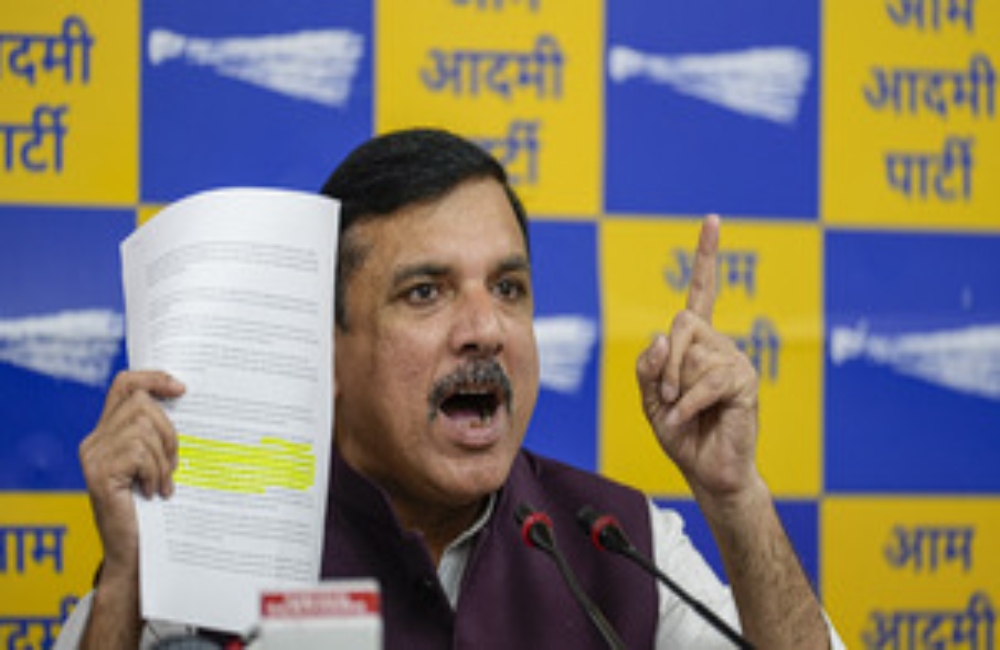

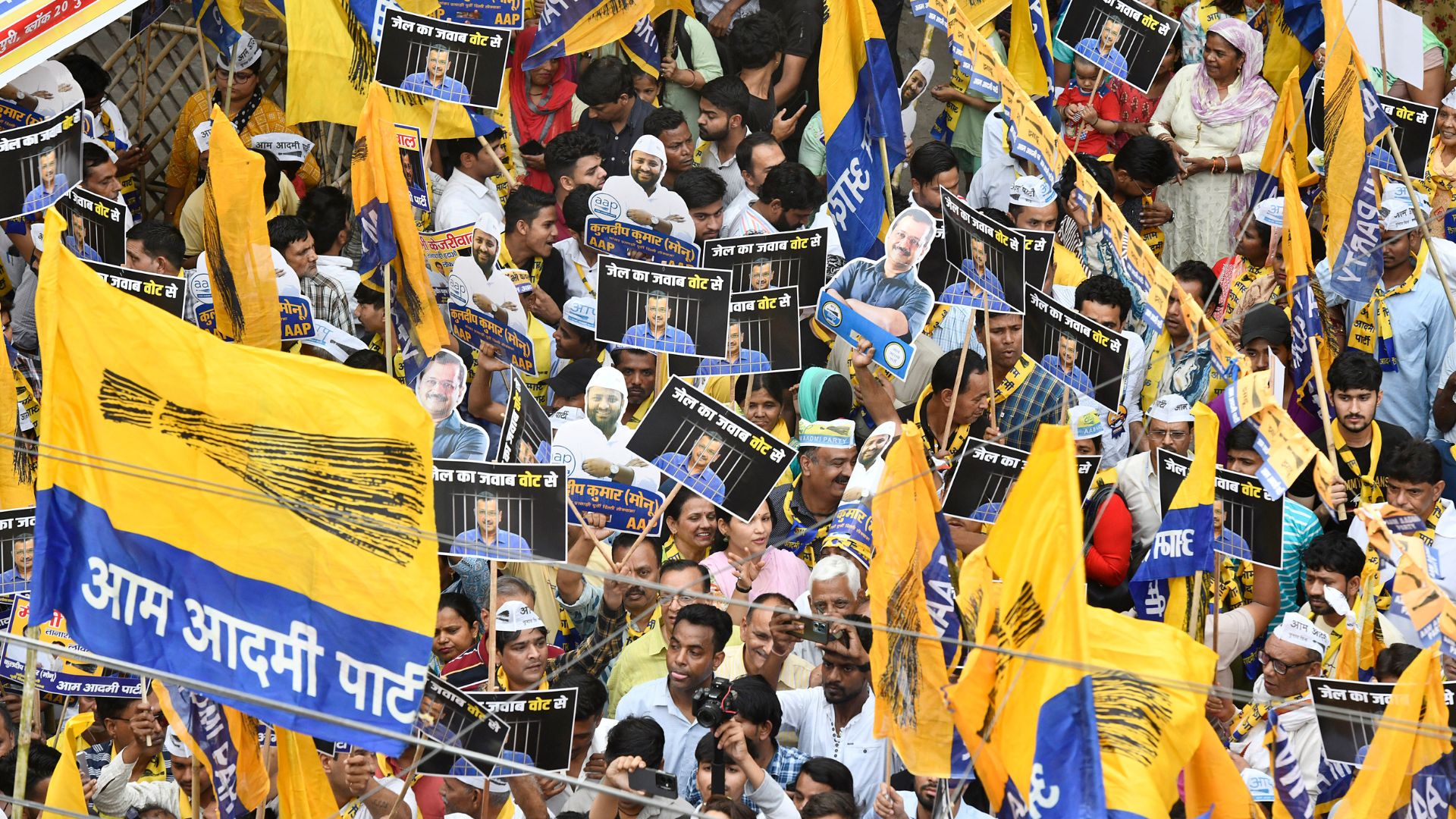

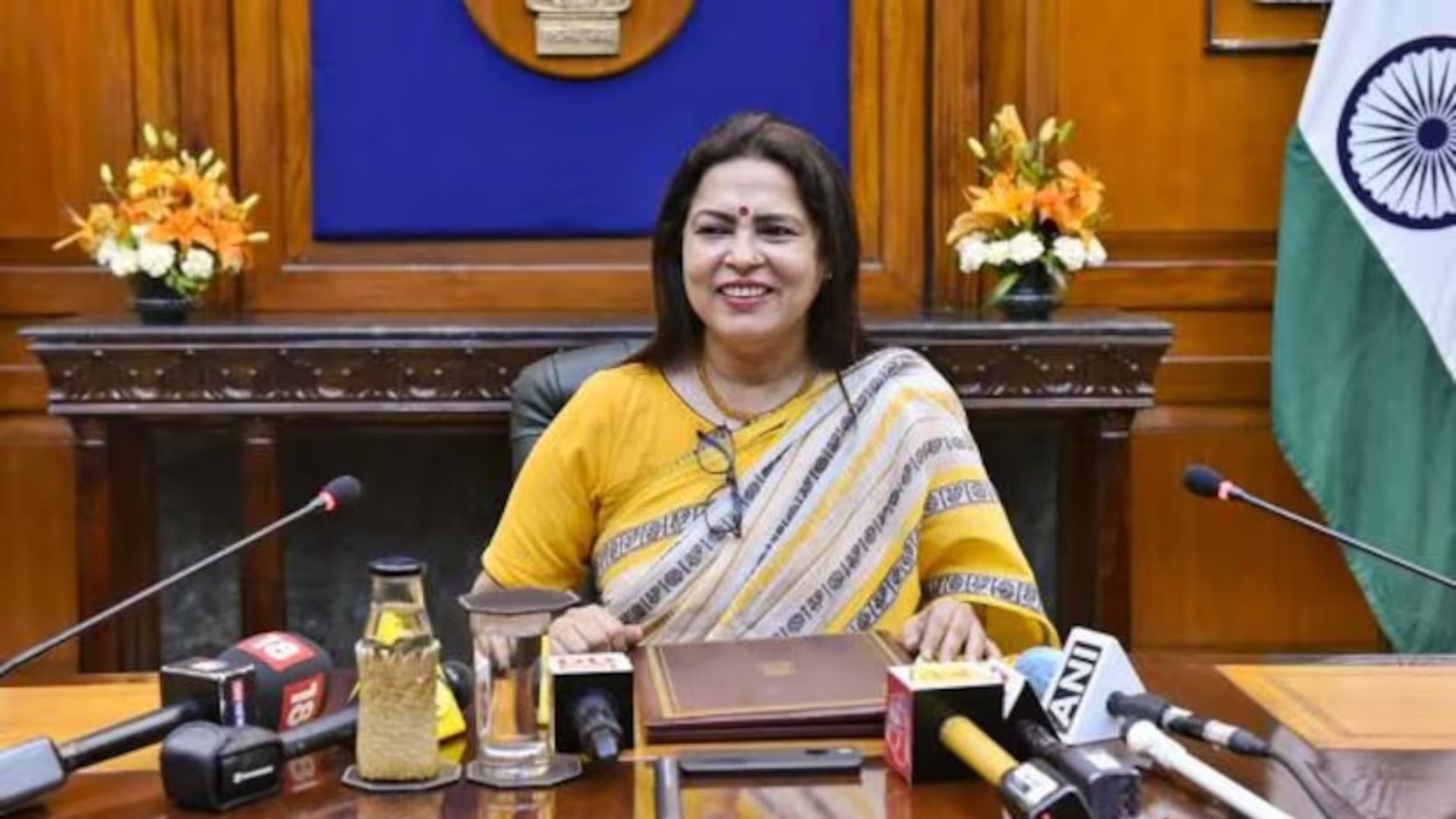
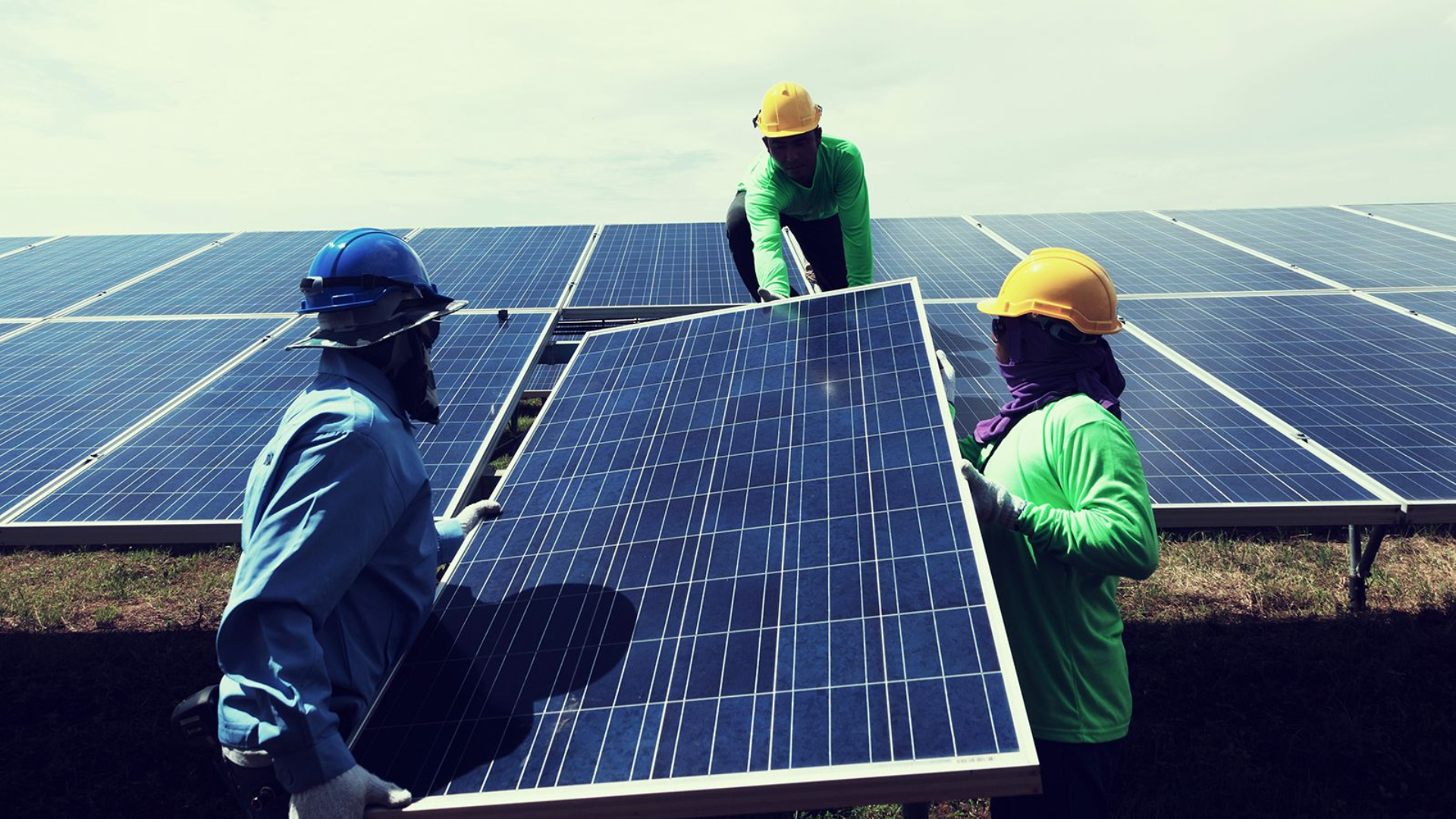
Prime Minister Narendra Modi recently shared encouraging news regarding the PM-Surya Ghar: Muft Bijli Yojana, stating that more than 1 crore households have already registered for the solar rooftop scheme. Expressing his delight, PM Modi highlighted that this impressive registration number was achieved within just a month of the scheme’s launch, with participation from households across the nation.
The Prime Minister specifically mentioned the significant registration numbers in states like Assam, Bihar, Gujarat, Maharashtra, Odisha, Tamil Nadu, and Uttar Pradesh, where over 5 lakh households have signed up for the scheme. He also urged those who haven’t registered yet to do so promptly, underlining the importance of this initiative.
The PM-Surya Ghar: Muft Bijli Yojana, introduced in the interim Budget presented on February 1, aims to provide free electricity to 1 crore households through rooftop solar systems. With an investment exceeding Rs 75,000 crores, the project targets to offer up to 300 units of free electricity every month to eligible households.
To ensure the widespread adoption of this scheme, Urban Local Bodies and Panchayats will receive incentives to promote rooftop solar systems in their respective areas. The government expects numerous benefits from this solarization effort, including substantial annual savings of Rs 15,000-18,000 crore for households due to free solar electricity and surplus electricity sales to distribution companies. Additionally, the scheme is expected to facilitate the charging of electric vehicles, create entrepreneurship opportunities for vendors in the solar sector, and generate employment opportunities for skilled youth in various technical roles related to manufacturing, installation, and maintenance of solar systems.
This initiative is crucial as India heavily relies on coal-fired electricity to meet a significant portion of its energy needs. The solar rooftop programme is seen as a step towards reducing dependency on conventional sources of power and transitioning towards cleaner and renewable energy sources.
India’s commitment to renewable energy was reaffirmed at COP26 in 2021, where the country pledged ambitious targets under the “Panchamrit” pledge. These targets include reaching 500 GW of non-fossil electricity capacity, generating half of all energy requirements from renewable sources, and reducing emissions by 1 billion tonnes by 2030. India also aims to reduce the emissions intensity of GDP by 45% and achieve net-zero emissions by 2070.
Union Minister RK Singh, responsible for the power and renewable portfolio, emphasized that India’s current energy mix includes about 44% from non-fossil sources, a figure expected to rise to as high as 65% by 2030. This projection exceeds the commitments made by India at the COP summit in 2021, reflecting the country’s strong dedication to transitioning towards cleaner and sustainable energy sources.
Overall, the PM-Surya Ghar: Muft Bijli Yojana and India’s broader renewable energy goals demonstrate the country’s proactive approach towards addressing environmental challenges, promoting clean energy, and ensuring a sustainable future for generations to come.

